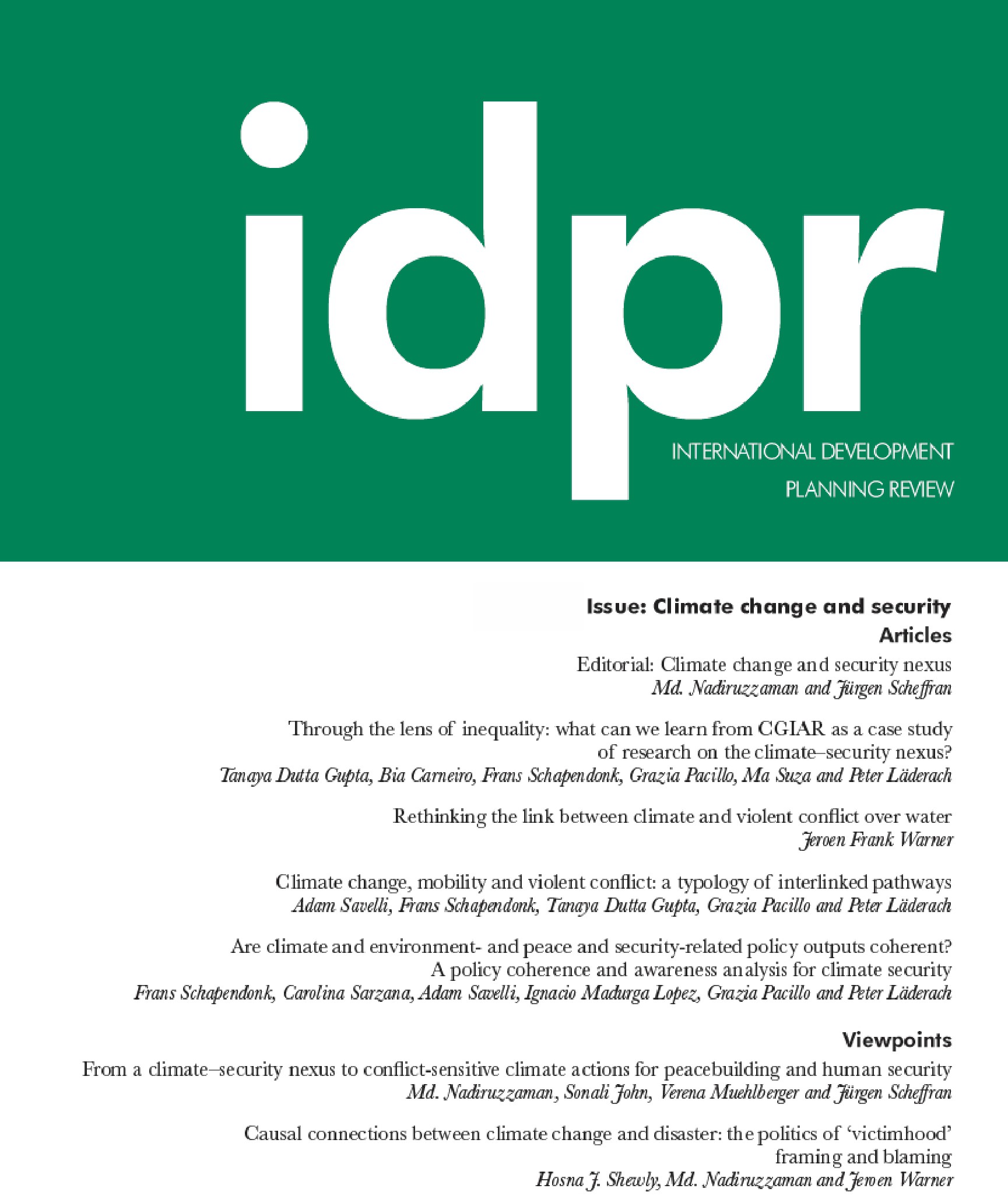THE GEOPOLITICS OF THE MIDDLE CORRIDOR: AN INDIAN PERSPECTIVE
Abstract
The ongoing conflict between Russia and Ukraine for over a year and a half has led to several global challenges, including global supply chain disruptions, which were already affected severely during the coronavirus pandemic. The conflict and the ensuing sanctions by Western countries on Russia have impacted different regions. Asian countries are now seeking alternative routes for trading with the European markets.
The Northern Corridor (via Russia), the Southern Corridor (through Iran), and the Middle Corridor (through Central Asia and the South Caucasus) are currently the three existing major inland transit routes connecting Asia and Europe. In the Northern Corridor, the safety of freight traffic is a concern due to the consequences of the ongoing conflict between Russia and Ukraine. Besides, the conflict has impacted the competitiveness of the Northern Corridor. Usage of the Southern Corridor is complex on account of sanctions against Iran. Due to the changing geopolitical landscape, the Middle Corridor—which runs through Central Asia, the Caspian Sea, the Caucasus, and further into Europe—is becoming more significant.
De-risking, diversifying trade and transportation routes and restructuring logistics flows have become more critical than ever. As cargo transportation between Europe and Asia via the South Caucasus and Central Asia is expanding, multinational shippers are striving to develop new transit routes to circumvent Russia. The Middle Corridor is increasingly recognised as a crucial East-West connection. In this regard, the paper discusses growing Western support for the further development of the Middle Corridor route and developing inter-regional cooperation. The Middle Corridor's importance and challenges are also extensively discussed in the paper. Besides, India's connectivity linkages with Eurasia have also been analysed briefly.






